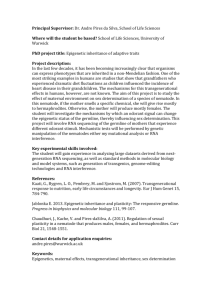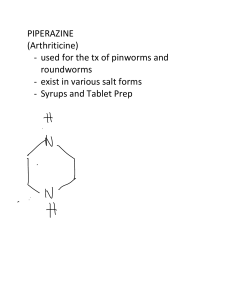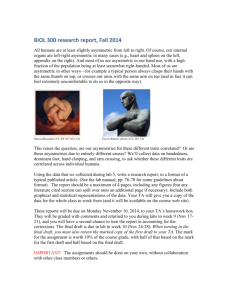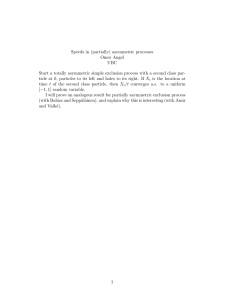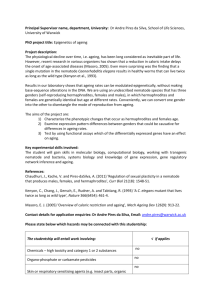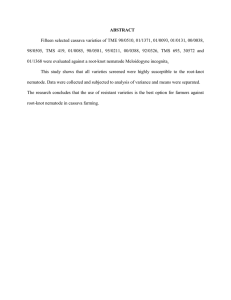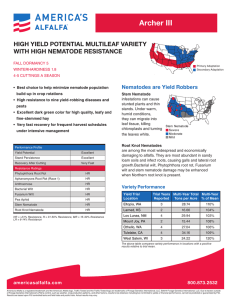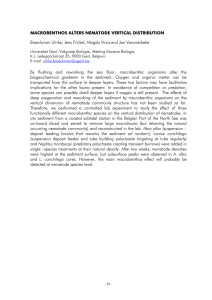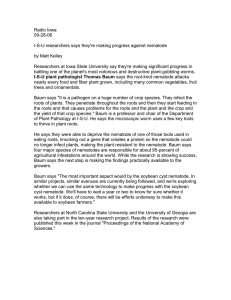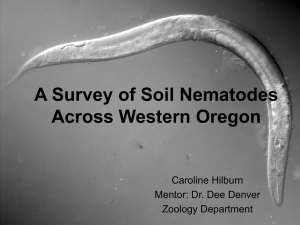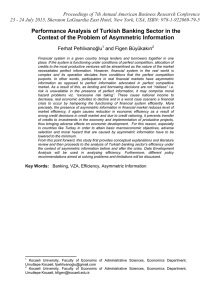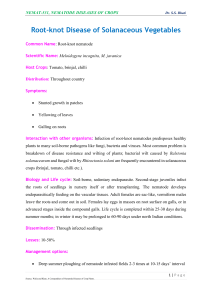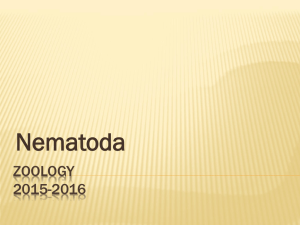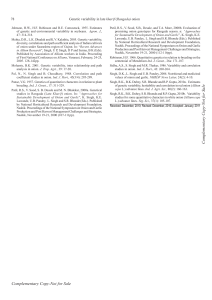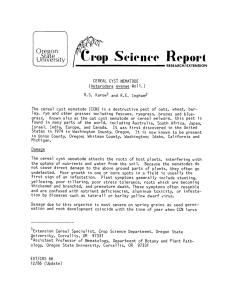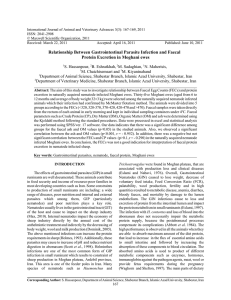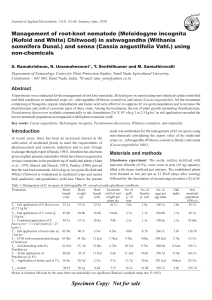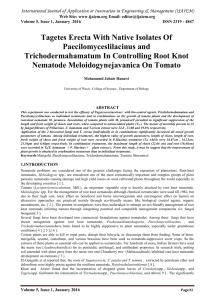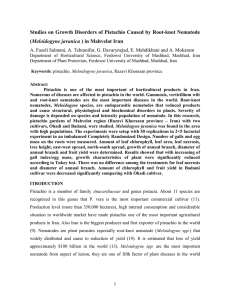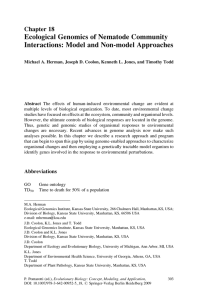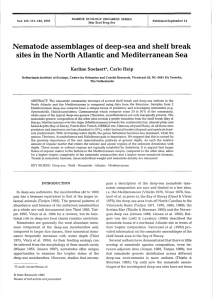Principal Supervisor: Where will the student be based? PhD project title: Project description:
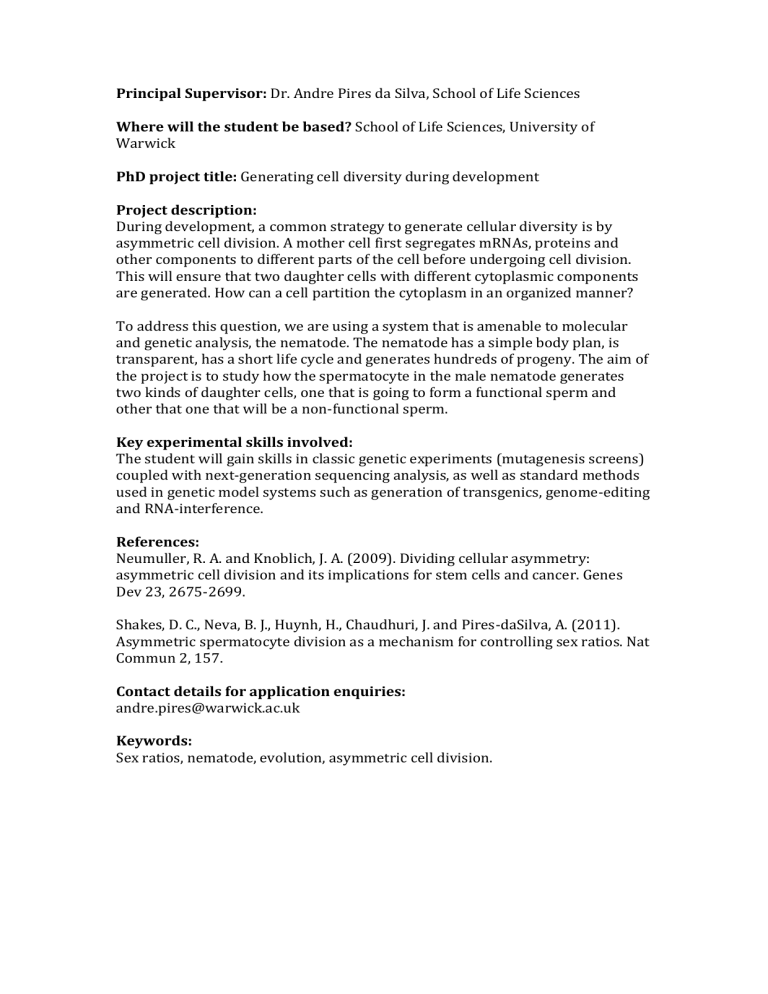
Principal Supervisor: Dr. Andre Pires da Silva, School of Life Sciences
Where will the student be based? School of Life Sciences, University of
Warwick
PhD project title: Generating cell diversity during development
Project description:
During development, a common strategy to generate cellular diversity is by asymmetric cell division. A mother cell first segregates mRNAs, proteins and other components to different parts of the cell before undergoing cell division.
This will ensure that two daughter cells with different cytoplasmic components are generated. How can a cell partition the cytoplasm in an organized manner?
To address this question, we are using a system that is amenable to molecular and genetic analysis, the nematode. The nematode has a simple body plan, is transparent, has a short life cycle and generates hundreds of progeny. The aim of the project is to study how the spermatocyte in the male nematode generates two kinds of daughter cells, one that is going to form a functional sperm and other that one that will be a non-functional sperm.
Key experimental skills involved:
The student will gain skills in classic genetic experiments (mutagenesis screens) coupled with next-generation sequencing analysis, as well as standard methods used in genetic model systems such as generation of transgenics, genome-editing and RNA-interference.
References:
Neumuller, R. A. and Knoblich, J. A. (2009). Dividing cellular asymmetry: asymmetric cell division and its implications for stem cells and cancer. Genes
Dev 23, 2675-2699.
Shakes, D. C., Neva, B. J., Huynh, H., Chaudhuri, J. and Pires-daSilva, A. (2011).
Asymmetric spermatocyte division as a mechanism for controlling sex ratios. Nat
Commun 2, 157.
Contact details for application enquiries: andre.pires@warwick.ac.uk
Keywords:
Sex ratios, nematode, evolution, asymmetric cell division.
